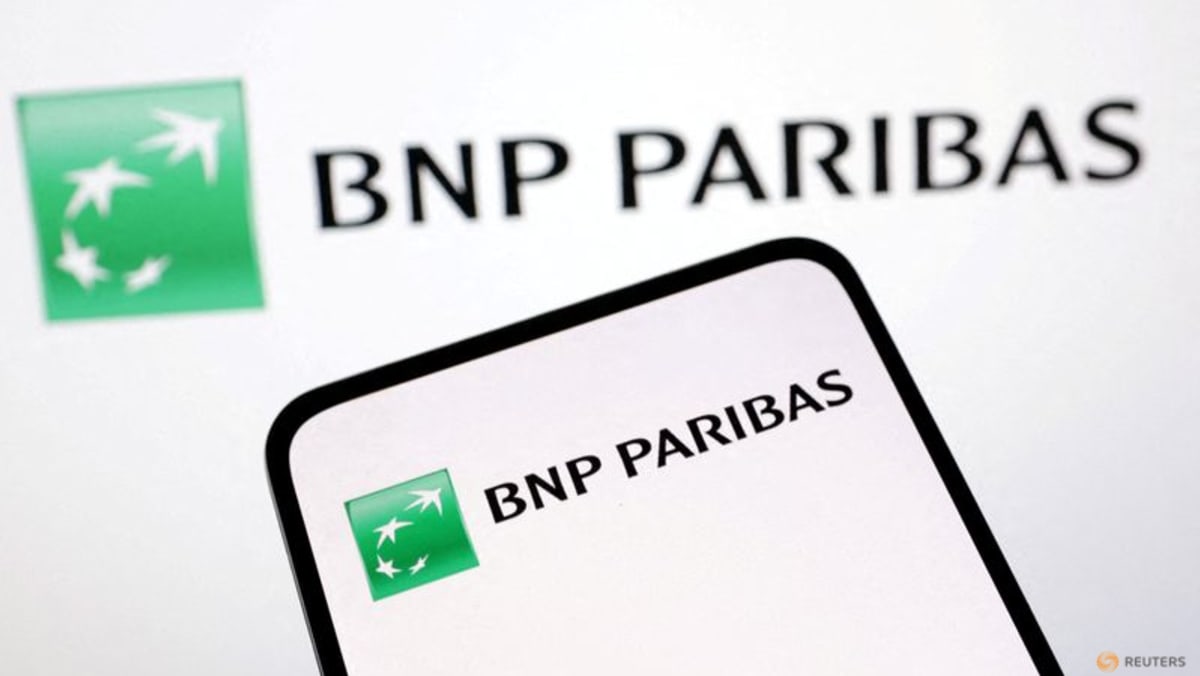HONG KONG : BNP Paribas plans to make at least a dozen hires in its equities business in Asia next year and will end a research outsourcing pact with Morningstar, two sources with knowledge of the matter said, in a revamp to boost market share.
BNP’s move to add more research analysts, salespeople and traders comes as a bank spokesperson said in Asia Pacific it had started integrating and expanding coverage by Exane, a global platform it fully acquired in 2021 that specialises in cash equities execution and research.
The spokesperson said “key hires” would join the bank as part of the revamp, but declined to provide the hiring target. The French bank also did not comment on plans to end its research partnership with Morningstar after more than four years.
The sources declined to be named as they were not authorised to speak to the media.
Morningstar did not immediately respond to a request for comment.
The expansion of the equities business by BNP comes as its Wall Street peers have reduced investment banking headcount this year amid sluggish trading and dealmaking activities.
The move also comes close on the heels of BNP completing the integration of Exane with its existing cash equities operation in Europe and in the U.S., resulting in the platform’s transfer of all the clients, teams and technology to BNP.
Under CEO Jean-Laurent Bonnafe, the euro zone’s biggest bank has bolstered its investment banking business, a move that has benefited BNP in recent years as market volatility propelled trading, particularly last year after Russia invaded Ukraine.
The bank has also invested in building up its equities trading business in the last few years, notably by acquiring Deutsche Bank’s electronic equity and prime broking operations, a deal that was completed in early 2022.
In Asia, BNP competes with large Western banks including Morgan Stanley, Goldman Sachs, JPMorgan and UBS, as well as a host of local investment banks in the cash equities business.
One of the sources said BNP could boost its Asia equities headcount by as much as 20 over the next year.
Equities capital market business in Asia has been sluggish for a period of time, but BNP sees the need to be ready for an “inflection point” of a bounceback in activity, said Jason Yates, BNP’s head of cash equity in Asia Pacific.
“Some clients are pulling back (from Asia), but other clients are telling us that actually they are committing to Asia and are adding more resources,” said William Bratton, the bank’s Asia-Pacific head of cash equity research.
INCREASING STOCK COVERAGE
In 2019, BNP entered into a pact with Morningstar as part of which the French bank sourced the bulk of its Asia-Pacific equity research from the independent research provider, joining other banks seeking to cut costs after regulatory changes.
The bulk of BNP’s in-house equities research team, mainly in Hong Kong and Singapore, departed as a result of that deal.
The bank has now started unwinding its outsourced research partnership in the region, said the first source. The second source said the tie-up with Morningstar was expected to end in 2024, as Exane gradually takes control of the function.
BNP aims to increase its stock coverage in the Asia-Pacific region by three to four times in the coming years, the spokesperson said. It was not immediately clear how many regional companies are covered by BNP and Morningstar as part of the partnership.
The research coverage within the bank will be strengthened initially in the industrials, technology and consumer sectors, Bratton said, adding BNP would also add to the coverage of automobile, semiconductor and consumer companies in China, and new energy companies from China and South Korea.
“It’s very important that you have a view … rather than having independent research and expecting clients to piece that together,” Yates said, adding it was easier to bring the talent and product management in-house than use external parties.
India, a market where BNP did not outsource its research coverage, will be fully integrated into the Exane platform on Thursday, said the spokesperson, making it the first Asian market to be integrated as part of the gradual regional rollout.

